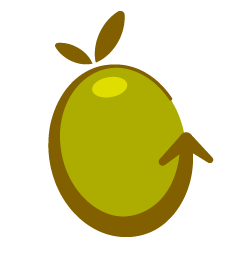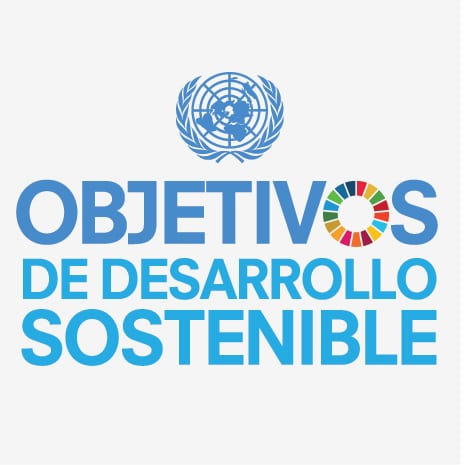 Vigilancia Tecnológica
Vigilancia Tecnológica
Surface Quality of Wood Plastic Composites as Function of Water Exposure
The objective of this study was to evaluate the surface quality of experimentally manufactured wood plastic composite (WPC) samples exposed to water soaking. Eastern redcedar (Juniperus virginiana L.), which is one of the invasive species in Oklahoma, USA, and recycled plastic were used to manufacture WPC samples. Three types of samples, namely with 0%, 3% and 6% nano-clay were soaked in water for up to one month. Stylus-type equipment was employed to evaluate their surface roughness as a function of water exposure. Two accepted roughness parameters, average roughness (Ra) and mean peak-to-valley (Rz), were used to determine changes in the surface quality of the specimens due to water exposure. Average roughness values of 1.5 µm and 4.1 µm were determined for the samples with no clay in dry conditions and those soaked for one month in water, respectively. Corresponding values were lower in the case of those with clay in their content. Based on the findings in this work, it appears that the stylus technique can be successfully applied to such samples to quantitatively evaluate their surface quality when they are exposed to water for an extended time span. It is expected that data from this work could help to produce a better understanding of the behavior of WPCs under environmental conditions.
Fecha publicación: 25/07/2020
Autor: Cagatay Tasdemir
Referencia: doi: 10.3390/app10155122






